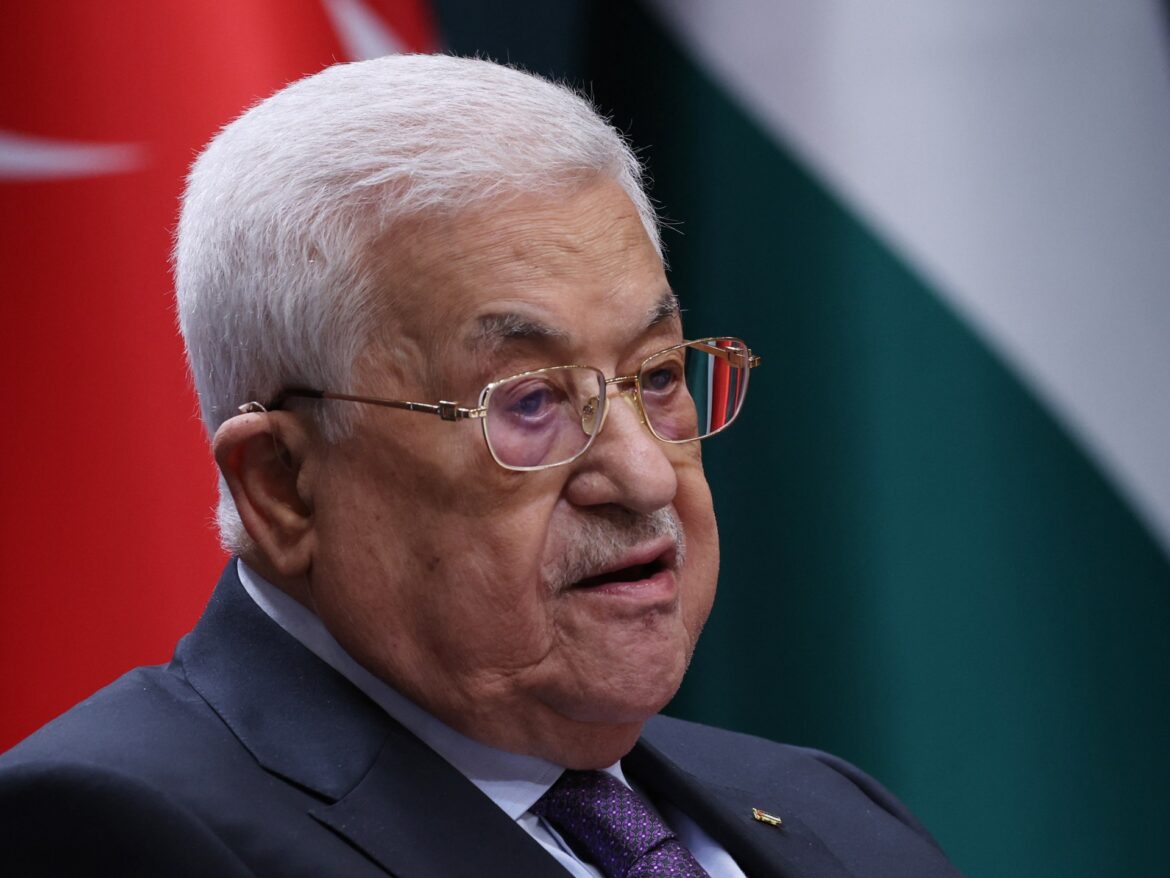The head of the Palestinian Authority believes that the assassination of the Hamas leader in Tehran “will have a negative impact on the truce negotiations.”
Israel killed Hamas leader Ismail Haniyeh to prolong its war on Gaza, according to Palestinian President Mahmoud Abbas.
In an interview published Tuesday in Russian by Russia’s official RIA news agency, Abbas said the assassination was “a cowardly act and a dangerous development in Israeli policy.”
“There is no doubt that the aim of Mr. Haniyeh’s assassination is to prolong the war and expand its scope,” he said. “This will have a negative impact on the ongoing negotiations to end the aggression and withdraw Israeli troops from Gaza.”
Abbas said he would discuss the conflict with Russian President Vladimir Putin in Moscow.
The agency cited a diplomatic source as saying that Abbas would be in the Russian capital from August 12 to 14.
“The main objective of our visit is to hold consultations and exchange views on the latest events on the Palestinian and international scene, coordinate positions and strengthen bilateral relations in all fields,” Abbas said, as quoted by RIA.
He is also scheduled to be in Türkiye from August 14-15.
Haniyeh was assassinated last week in the Iranian capital, Tehran, in an attack that sparked threats of revenge against Israel and fueled fears that the Gaza conflict could spiral into a wider war in the Middle East.
Haniyeh had been the face of Hamas’ international diplomacy since the war began on October 7 and had taken part in internationally negotiated efforts to achieve a ceasefire in Gaza.
Iran, which backs Hamas in its conflict with Israel in Gaza, blamed Israel for the killing and vowed harsh retaliation. Israeli officials have not claimed responsibility for the attack.
Russia, which has close ties with Iranian Supreme Leader Ayatollah Ali Khamenei and Arab leaders, condemned Haniyeh’s killing and called on all sides to refrain from further destabilization in the Middle East.
He has also repeatedly criticized the West for ignoring the need for an independent Palestinian state within the 1967 borders.
Russia-Iran talks
On Monday, a key Putin ally, Sergei Shoigu, held talks in Tehran with Iranian President Massoud Pezeshkian, who said he was determined to expand ties with “strategic partner Russia.”
“Russia is among the countries that supported the Iranian nation in difficult times,” Pezeshkian told Shoigu, the secretary of the Russian Security Council, Iranian state media reported.
The president said that the common positions of Iran and Russia “in promoting a multipolar world will certainly lead to greater global security and peace.”
In Washington, US State Department spokesman Matthew Miller referred to Shoigu’s talks in Tehran, saying the US did not expect Russia to play a productive role in easing tensions in the Middle East.
According to Miller, Washington has sent messages through its diplomatic ties to encourage countries to tell Iran that escalation in the Middle East is not in Tehran’s interest. Diplomatic pressure has intensified to avoid an escalation between Iran and Israel.



